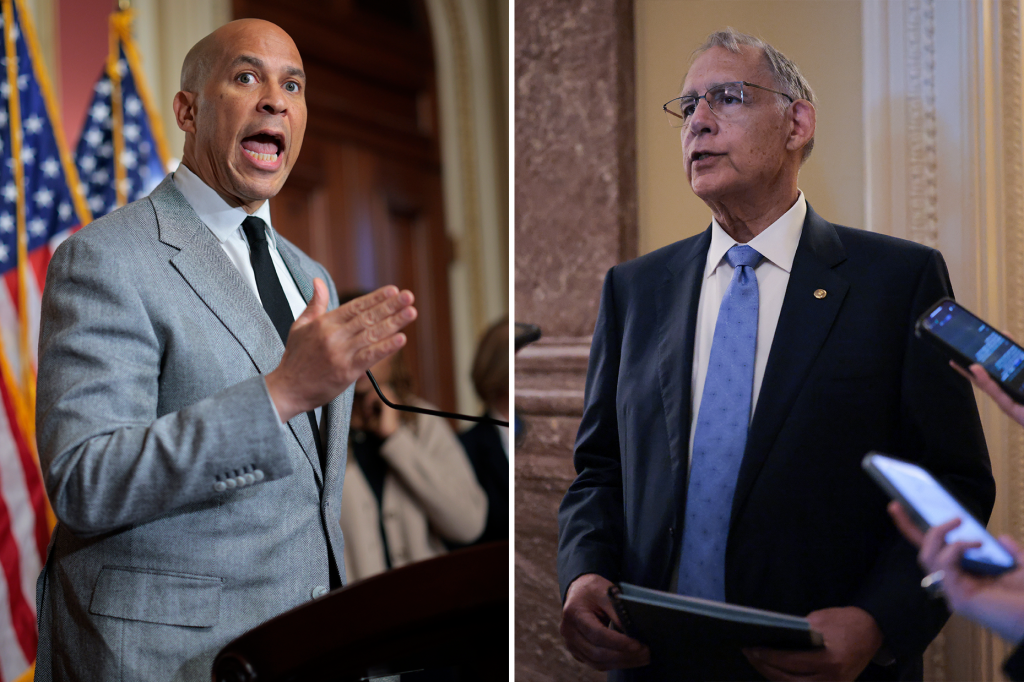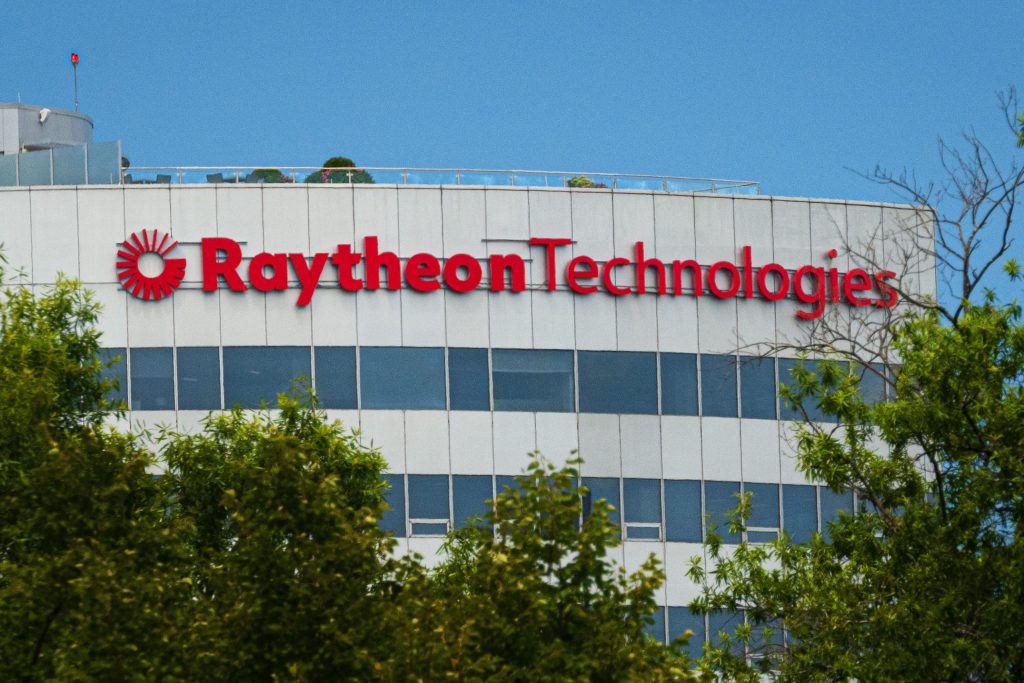Raytheon, its parent company RTX, and tech vendor Nightwing Intelligence Solutions agreed to pay $8,400,000 to resolve charges that Raytheon breached the False Claims Act (FCA) when it failed to adhere to NIST cybersecurity standards in government contracts that involved storing and transmitting defense information. Nightwing, which acquired Raytheon’s cybersecurity
Register for free to keep reading.
To continue reading this article and unlock full access to GRIP, register now. You’ll enjoy free access to all content until our subscription service launches in early 2026.
- Unlimited access to industry insights
- Stay on top of key rules and regulatory changes with our Rules Navigator
- Ad-free experience with no distractions
- Regular podcasts from trusted external experts
- Fresh compliance and regulatory content every day













